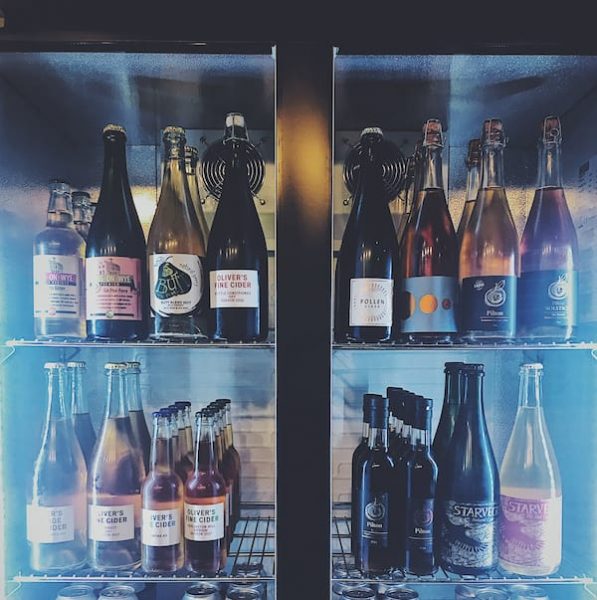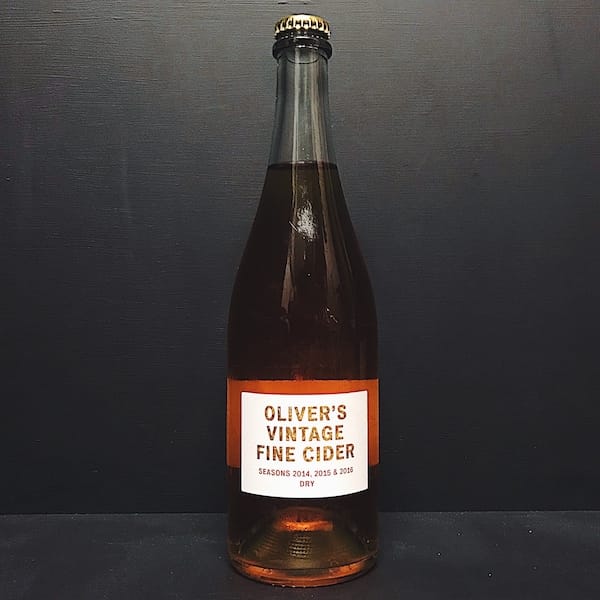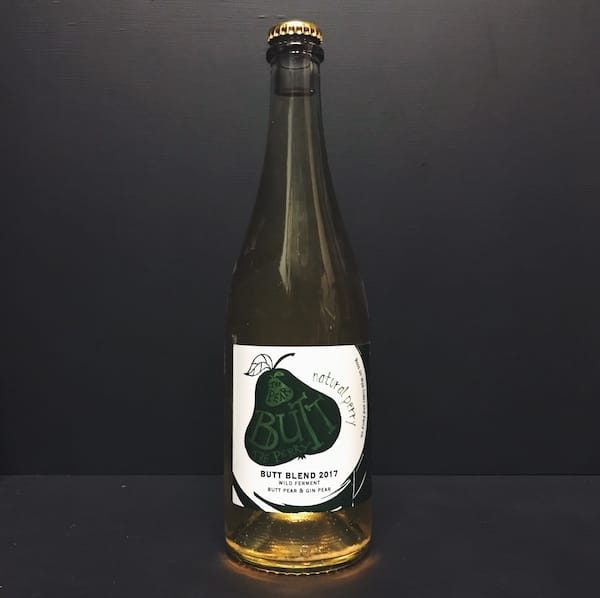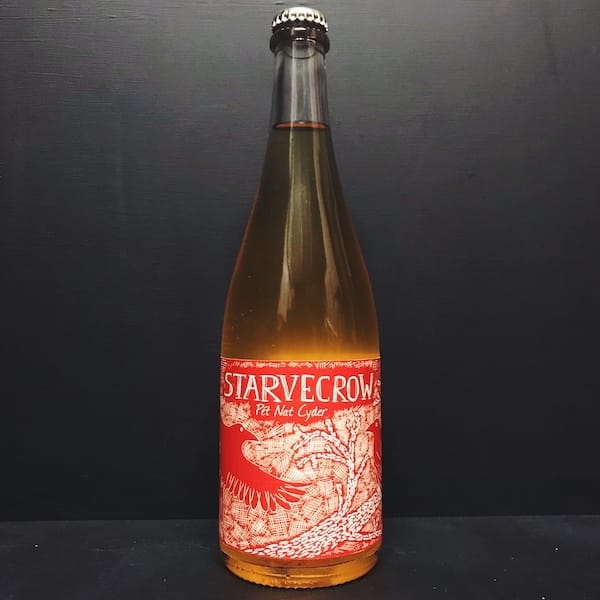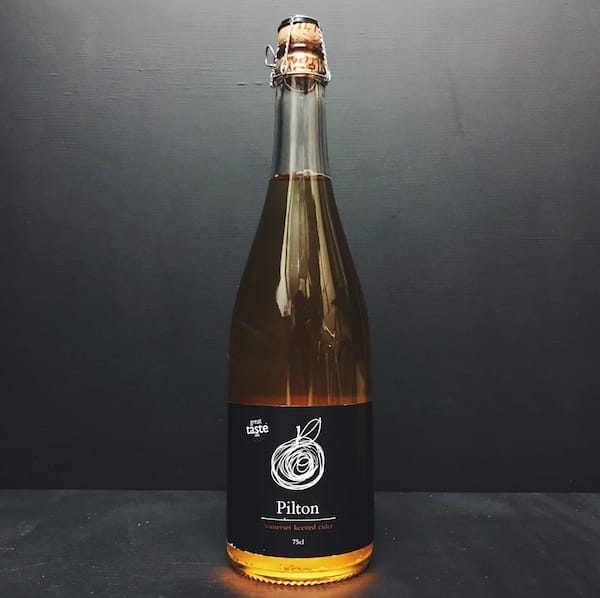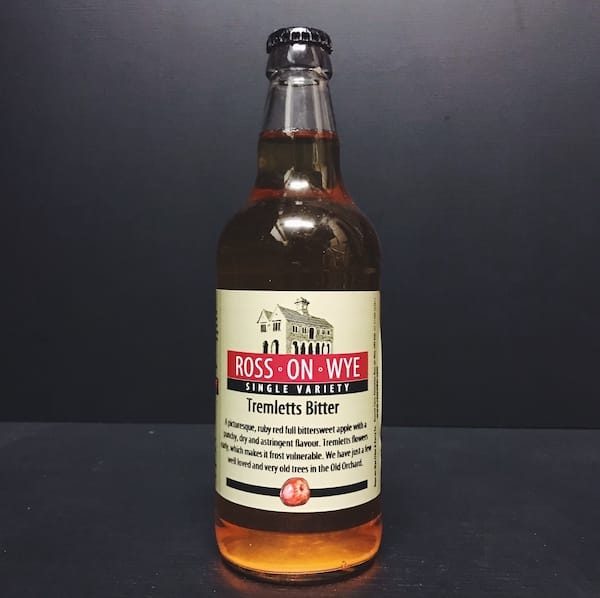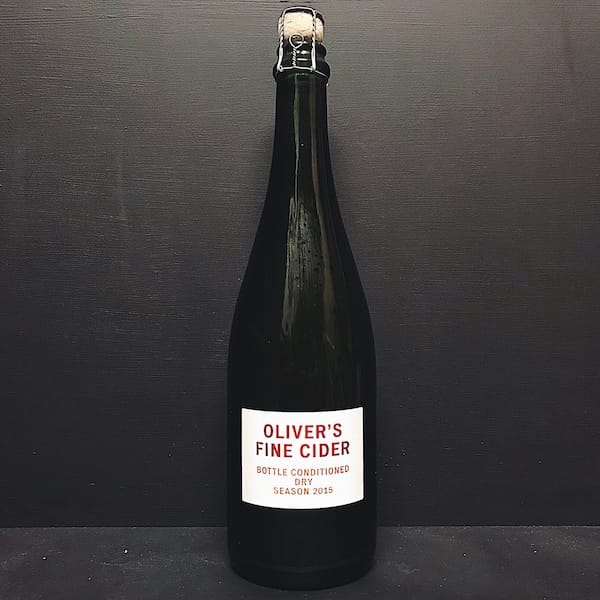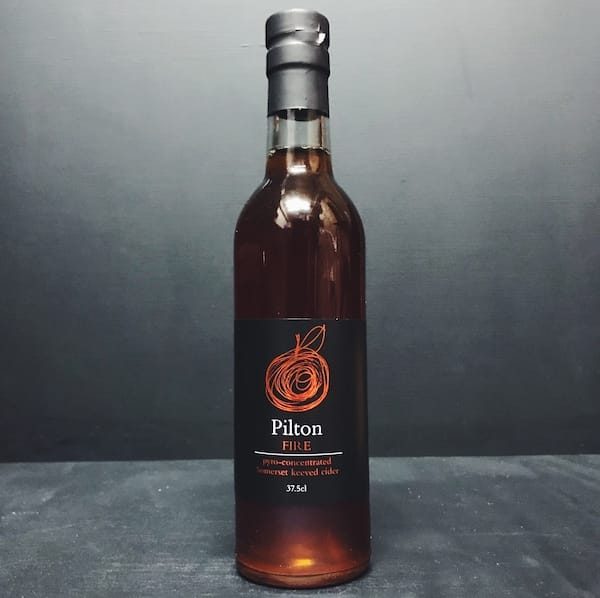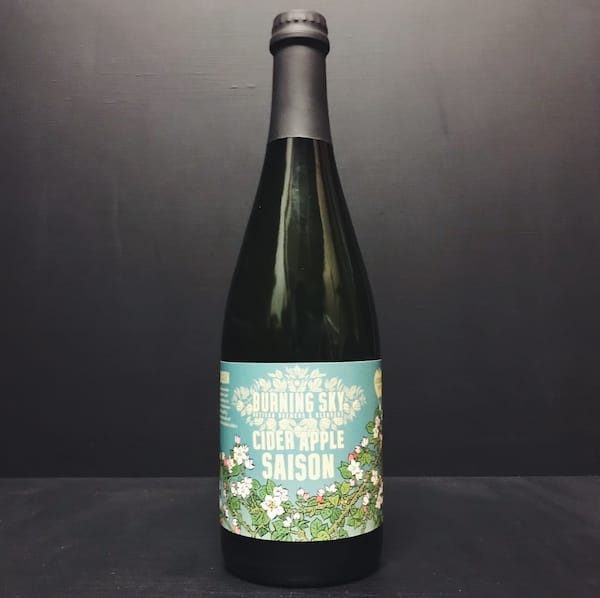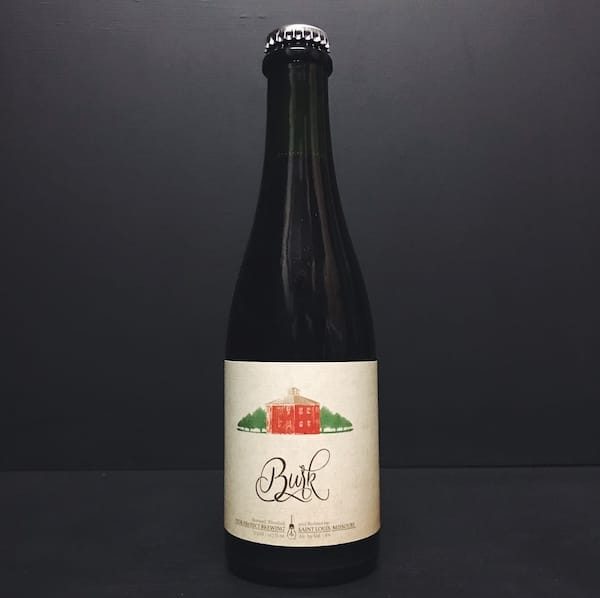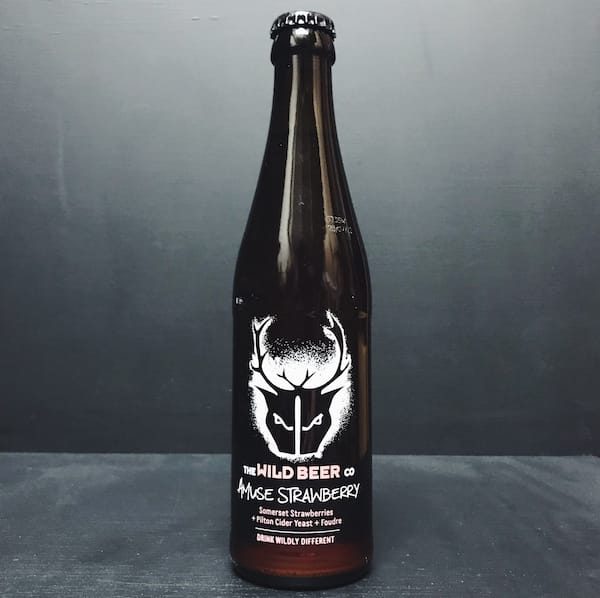We have made a commitment to showcasing the best of British Cider and Perry, influenced, in part, by the growing movement of Natural Cider.
Natural Cider, much like Natural Wine – which is also growing in popularity, is Cider produced with low intervention, meaning only natural processes are used when pressing, fermenting and conditioning.
To explain more clearly first we need to discuss what differentiates Mass Produced, Real, and Natural Cider.
Mass Produced Cider
Cider is made by fermenting the juice of apples.
Mass produced ciders must contain at least 35% apple juice by law, but very rarely go much over that. Producers generally don’t press their own apples, they add concentrate, sourced elsewhere, to sugar water.
The main characteristics of the cider are then created with artificial flavourings, sweeteners and colouring agents.
The cider is filtered for clarity and pasteurised, this kills any yeast left after brewing, preventing changes between batches and halting any further development of flavour.
This is then served with carbon dioxide to create a heavy carbonation that couldn’t naturally occur.
White Cider is produced with leftover apple pulp, corn syrup and water.
Real Cider
CAMRA’s definition of Real Cider states it must be produced with at least 90% apple juice, although many won’t accept anything less than 100% as Real Cider. The only accepted additions to the juice are water, sugar or other fruit juices. The apples will generally be sourced locally and the cider maker will press the apples by hand. The juice is then fermented in a traditional manner, in most cases with a lab grown yeast. The carbonation of the cider is produced naturally by the yeast through the production of alcohol.
The finished cider will not be pasteurised or force carbonated, but it may be filtered for clarity.
Natural Cider
As we have said Natural Cider is produced with low intervention from the Cider Maker.
All the usual characteristics of Real Cider still apply, with some differences.
The Cider must contain 100% apple juice.
Most notably the yeasts used to ferment the apple juice come from the air around the orchard or from the apple skins, with any lab grown yeast used in conjunction with the wild yeast.
The resulting fermentation reflects the terroir and provides deeper, funkier flavours like lemon pith, strawberries, sage, or even blue cheese.
No water or sugar is added, there is no pasteurisation, filtration or artificial carbonation.
Some Natural Ciders known as Wild Ferment Ciders are spontaneously fermented in an open environment by yeasts in the atmosphere, much like Belgian Lambic.
All this creates a complex range of incredible tasting Ciders and Perrys, with unique characteristics from their location and vintage.
Both Natural and Real cider can be considered Fine Cider.
Terms to help with choosing your cider.
- Concentrate – Listed in the ingredients, this is one to avoid. This shows the use of Apple juice concentrate, leading to a poor quality, sweet and watery cider.
- Vintage – The year in which the apples were harvested
OLIVER’S TRIPLE VINTAGE
https://brewcavern.co.uk/product/triple-vintage-seasons-2014-2015-2016-dry/
- Variety – The apple variety changes the flavour, this can be single variety or a mixture
OLIVER’S DABINETT DRY SEASON 2017 – Dabinett Apples
https://brewcavern.co.uk/product/dabinett-dry-season-2017/
ROSS ON WYE WILD FERMENT BUTT BLEND PERRY 2017 – Mixed Variety
https://brewcavern.co.uk/product/butt-blend-2017/
- Pet Nat – Naturally sparkling carbonation created only from yeast and sugars
STARVECROW PET NAT CYDER 2018
https://brewcavern.co.uk/product/pet-nat-cyder-2018/
- Keeved – Unless cider has been Keeved it is very unlikely for a 100% apple juice cider to be produced under 6%. Heating fruit sugars produces a gel of Pectin, this floats to the top and traps essential nutrients for the yeast, removing it stops fermentation early, limiting the alcohol content and leaving sugars to sweeten the cider.
PILTON PILTON KEEVED CIDER
https://brewcavern.co.uk/product/pilton/
- Hard Cider – An American term for alcoholic Cider.
- Bittersharp – a type of apple relatively high in both acidity and tannin – will taste sharp and astringent (bitter)
- Bittersweet – a type of apple relatively low in acidity but high in tannin – will taste astringent (bitter) but not too sharp
ROSS ON WYE TREMLETTS BITTER
https://brewcavern.co.uk/product/tremletts-bitter/
- Dry – lack of sweetness in cider or perry, based on the amount of sugar or other sweetener present in it. Dry cider or perry has a low amount of sweetness compared to medium or sweet. The majority of real and natural ciders are dry, as nearly all of the sugars ferment out.
OLIVER’S BOTTLE CONDITIONED DRY SEASON 2015
https://brewcavern.co.uk/product/bottle-conditioned-dry-season-2015/
- Sweet – Indicates a high level of sweetness in cider or perry, based on the amount of sugar or other sweetener present in it. Keeved ciders often lean toward the sweeter end. There are also dessert ciders which are closer to dessert wine in character, and often produced in the Ice Cider method, where the juice is frozen and then thawed, extracting the juice and leaving the water behind.
PILTON FIRE – Sweet dessert cider
https://brewcavern.co.uk/product/fire-2/
We also have a selection of beer/cider hybrids.
In these the brewer has used techniques from Natural Cider for example, brewing with Lees the leftover yeast from cider production or ageing with apples.
BURNING SKY – CIDER APPLE SAISON
https://brewcavern.co.uk/product/cider-apple-saison/
Working with Matt Billing of Ascension Cider we selected milled Dabinett and Harry Masters Jersey apple varieties to age our Saison Provision on.
Farmhouse funk with apple and grapefruit acidity, this blurs the boundaries between mixed fermentation beer and low intervention cider.
SIDE PROJECT – BURK
https://brewcavern.co.uk/product/burk/
Missouri Sour Brown that was co-fermented with crabapples from the Angry Orchard innovation cider house in Walden New York.
We brewed this beer with our great and long time friend Ryan Burk, the head cider maker at Angry Orchard, before racking it to French Oak casks to age a year before being bottled and naturally conditioned.
WILD BEER – AMUSE STRAWBERRY
https://brewcavern.co.uk/product/amuse-strawberry/
Amuse Strawberry. Our ‘Amuse’ series is back!
Being a celebration of the quintessentially British strawberry, this beer shouts fruit.
Starting life as a foudre-aged Somerset Wild, it was then re-fermented on 400kgs of super fresh Somerset strawberries that gives this beer a sublime aroma and flavour that packs a punch. Fermented with Pilton Cider lees.
